Following the implementation of GDPR in May of this year, the Health Research Authority released transparency wording for use in Participant Information Sheets.
The recommended wording for data transparency has been updated following consultation with various stakeholders and public involvement and feedback on the initial published wording to provide a clearer more layered approach.
The user group developed a short summary text for the Participant Information Sheet which is supplemented by a generic leaflet. The text for both is now live on the HRA website.
What information should be used in my PI Sheet?
The HRA website section is here. Click on ‘Transparency wording for all sponsors’ – this will take you to this page which contains the information to be used.
To access the text to be used in preparing the leaflet to accompany your PI Sheet, click here. If you are on the HRA website section, the text appears once you click the heading ‘Template wording for generic information document’.
What does the revision in text mean for me?
- If you have already updated your information sheets with the previous wording, you do not need to do anything.
- The revised wording can be uses for new studies, but the HRA will accept the previous wording if you have already submitted your application or prepared your information sheet for submission.
- If you do wish to change your wording to the new text, please email Research Ethics so that your participating sites can be contacted.
If you have any queries or concerns please email Research Ethics.
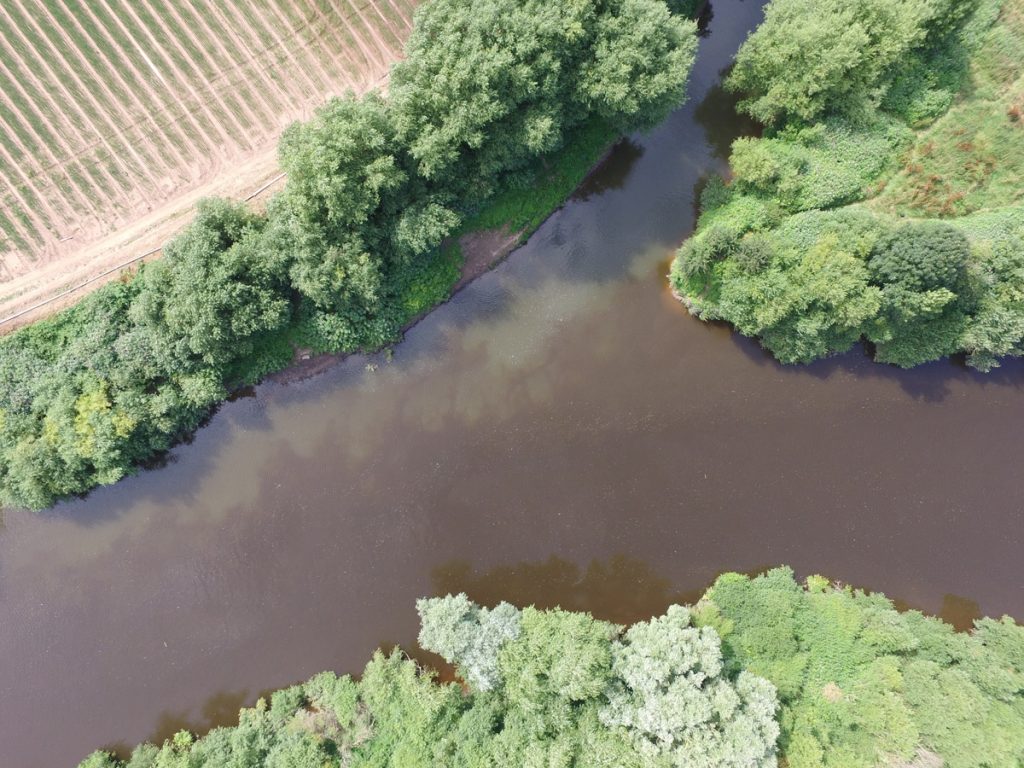
 NERC introduced
NERC introduced 

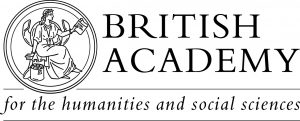
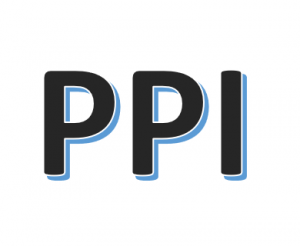


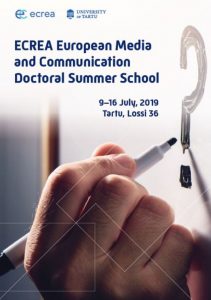 Daniel Hills (FMC PGR) has recently returned from the European Communication Research and Education Association (ECREA) European Media and Communication Doctoral Summer School. This year it was held at Tartu University, Estonia between 9th to 16th July.
Daniel Hills (FMC PGR) has recently returned from the European Communication Research and Education Association (ECREA) European Media and Communication Doctoral Summer School. This year it was held at Tartu University, Estonia between 9th to 16th July. 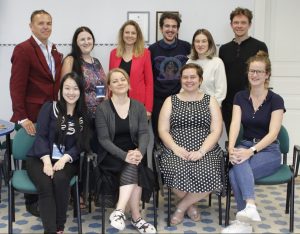 I gained a great deal of insights, useful techniques and a re-ignition of enthusiasm towards my research throughout the 8 days, and would encourage anybody whom is more than a year into their research to apply for the 2020 version. I graduated with 10 ECTS points on the final day, but more importantly new-found knowledge and a new direction to progress with my PhD, and a whole lot of new friends and peers. I am planning on writing a paper with one of my new friends whom is interested in a similar field to my own. All in all, the ECREA European Media and Communication Doctoral Summer School has been one of the most useful academic experiences of my career to date.
I gained a great deal of insights, useful techniques and a re-ignition of enthusiasm towards my research throughout the 8 days, and would encourage anybody whom is more than a year into their research to apply for the 2020 version. I graduated with 10 ECTS points on the final day, but more importantly new-found knowledge and a new direction to progress with my PhD, and a whole lot of new friends and peers. I am planning on writing a paper with one of my new friends whom is interested in a similar field to my own. All in all, the ECREA European Media and Communication Doctoral Summer School has been one of the most useful academic experiences of my career to date. Daniel Hills is a PhD researcher in the Faculty of Media and Communication at Bournemouth University, and is focusing his research in advertising planning and practice theory, aiming to complete in 2020.
Daniel Hills is a PhD researcher in the Faculty of Media and Communication at Bournemouth University, and is focusing his research in advertising planning and practice theory, aiming to complete in 2020.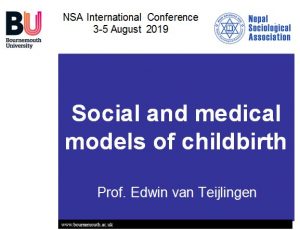
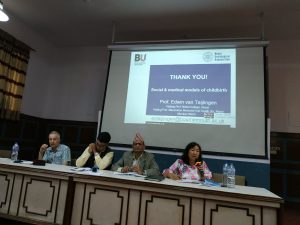
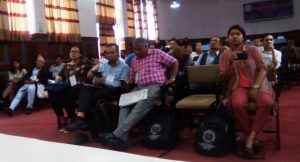
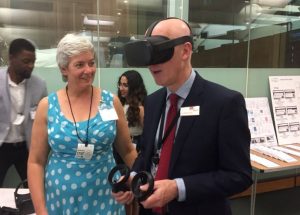
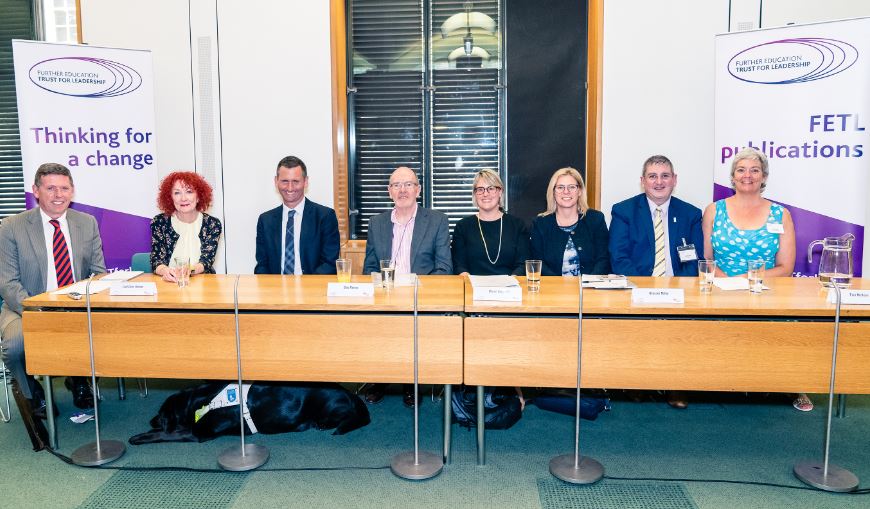
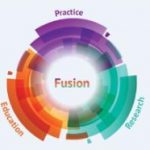
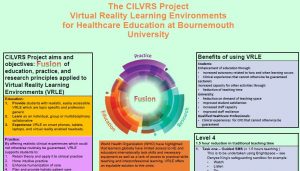
 BU2025 sets out ambitious plans and targets for research at BU. In support of these, an exciting new opportunity has been developed.
BU2025 sets out ambitious plans and targets for research at BU. In support of these, an exciting new opportunity has been developed.










 Fifteen years at BU
Fifteen years at BU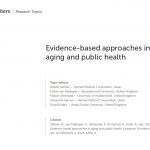 New eBook published in April
New eBook published in April MSCA Postdoctoral Fellowships 2024
MSCA Postdoctoral Fellowships 2024 Horizon Europe News – December 2023
Horizon Europe News – December 2023